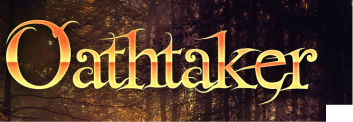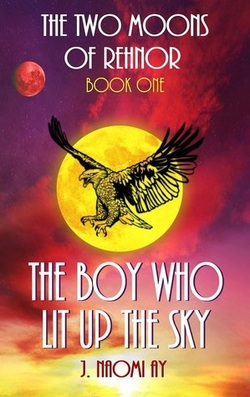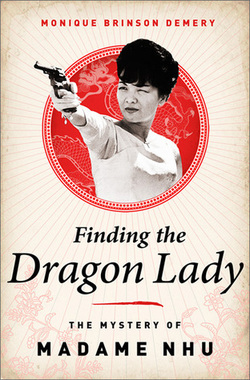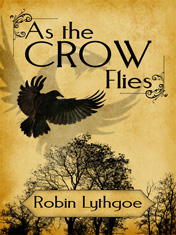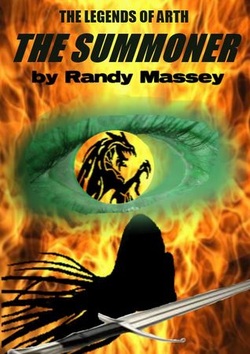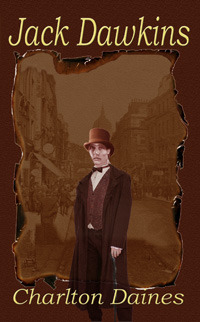
I must say—I am a Dickens fan—totally and completely. What I love most about Dickens is not the stories themselves—it is his characters and descriptions. I could spend—I have spent—hours just reading the amusing ways and manners of these quirky personalities and becoming lost in the places and things that Dickens so creatively and uniquely brought to life. So, it was a pleasure to read this “sequel” to Oliver Twist, a story about a side-character from that great work. In it, the author has managed to re-create Dickinsonian London in the author’s own style, adding nothing to and taking nothing from the great Dickens himself, since by the author’s own words, he did not intend to write in the style of Dickens.
Jack Dawkins returns to London to try to find a new life. While he struggles with trying to determine on which side of the law he will fall, the reader is quite confident from the outset that Dawkins will ultimately seek a life within the law—or at least mostly so. It is Dawkins attempts to help others—Lilly, the flower girl, Charlie, the kidnapped child, Reg, the street urchin who reminded Dawkins so much of himself in Jack’s earlier days, even those from the seedier side of life who had befriended Jack, like Tom and Graves—that lay this groundwork of expectation for the reader. Thus, the ending, while not a surprise, was the one the reader desired, and the journey along the way was a pleasant meandering through the streets and society of old London.
I do note that there were a fair number of events that occur by happenstance: the hat Dawkins steals happens to belong to the Italian pastry chef who happens to be employed by the Caufields so eventually, Jack happens to learn that he can now safely wear the same in public; Dawkins happens to run into Oliver notwithstanding the vast size of and number of people in the city; Jack happens to run into a man he knows at the train station when Jack is trying to leave town quickly to pawn goods stolen from that very same man; the one copper who will have a heart for a former street waif just happens to be the one that identifies Jack and, though the copper could turn Jack in, does not; and so forth. Notwithstanding, Jack Dawkins was a fun read.
Well done, Charlton Daines. Keep them coming!
For more information about Charlton Daines and JACK DAWKINS, see here.
